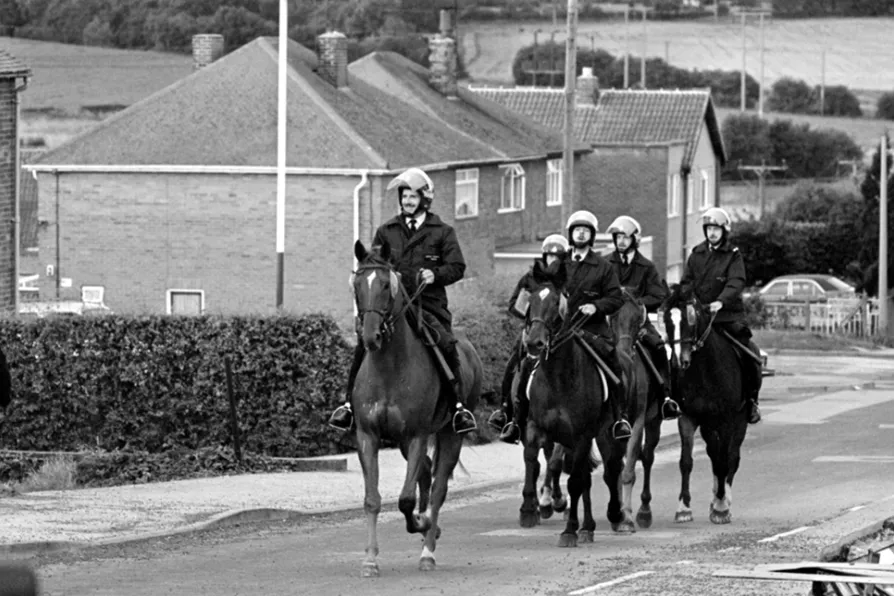John Wojcik pays tribute to a black US activist who spent six decades at the forefront of struggles for voting rights, economic justice and peace – reshaping US politics and inspiring movements worldwide

 Police officers march through a mining town
Police officers march through a mining town
THE miners’ strike of 1984-5 really began in 1947 when Friedrich von Hayek, Milton Friedman and others developed a quasi-philosophical theory to justify the unbridled capitalism of the 19th century. It became known as neoliberalism.
Ironically, 1947 was the year the British coalmines were nationalised, part of the “post-war consensus.” Neoliberalism rejected every aspect of it — from nationalisation to the welfare state and, in particular, the dominant economic theory which underpinned the consensus and mitigated the harshest aspects of capitalism, Keynesianism.
Neoliberalism has many features but of most relevance here is the proposition that trade unions are tolerable — except to the extent that, through collective bargaining, they distort the so-called “labour market.” The price of labour should instead be left to the freedom of individuals to compete against each other to work for the lowest wage each is prepared to accept to sustain life.

Four decades on, the Wapping dispute stands as both a heroic act of resistance and a decisive moment in the long campaign to break trade union power. Lord JOHN HENDY KC looks back on the events of 1986












